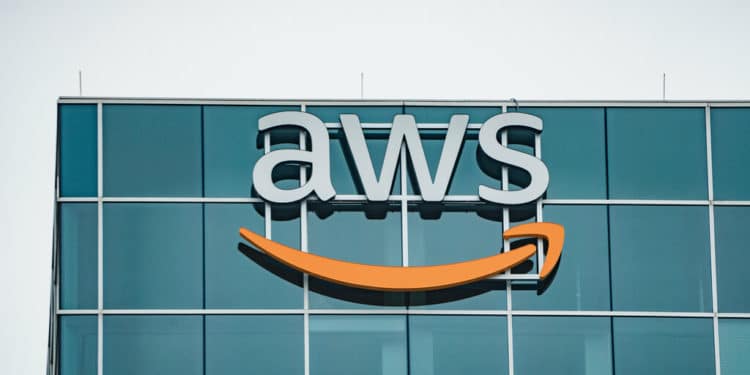A senior vice president at Amazon announced his resignation over the firing of whistleblowers who spoke out about the company’s failure to protect workers during the Covid-19 pandemic.
Tim Bray, VP and Distinguished Engineer at Amazon Web Services, announced his resignation in a post on his blog. The post detailed his dismay at the firing of two employees who circulated a petition among Amazon warehouse employees and organized an event aiming to bring attention to the company’s lack of protective measures.
“(Amazon’s) justifications were laughable; it was clear to any reasonable observer that they were turfed for whistleblowing,” Bray wrote. “Firing whistleblowers isn’t just a side-effect of macroeconomic forces, nor is it intrinsic to the function of free markets. It’s evidence of a vein of toxicity running through the company culture.”
Bray’s resignation is the latest flashpoint in a series of events surrounding the behemoth online retailer’s treatment of the warehouse employees that facilitate the shipments of goods which is relied on by people quarantined all over the world. In March, a worker organized an employee walkout at a New York warehouse over lack of employee protections: He was later fired. New York Mayor Bill DeBlasio has ordered an investigation into whether the firing violated the city’s human rights law.
New York Attorney General Letitia James sent a letter to Amazon executives in April, calling its efforts at protective measures against the virus “so inadequate” that the company may have violated the Occupational Safety and Health Act (OSHA). She also said the circumstances of the employee’s firing “raise serious concern” that Amazon fired the employee to “silence his complaints” and “send a threatening message to other employees that they should also keep quiet about any health and safety concerns.”
Despite these statements of support, Amazon employees and others working under weak health and safety conditions do not have adequate federal whistleblower protections, experts say. Most worker health and safety complaints would fall under OSHA, but its whistleblower protections are sadly lacking. Under the law, employees who suffer retaliation for reporting unsafe conditions cannot pursue court cases but must file a complaint with the US Department of Labor, which decides whether to pursue the complaint. Worse, workers only have 30 days to file a complaint, the shortest time frame in all federal employment law.
Whistleblower advocates say the law should be updated to extend the statute of limitations to 180 days and allow employees to pursue their claims independently if the Department of Labor declines to file a lawsuit on their behalf, among other changes.
Whistleblowers can also seek protection under state OSHA laws or if they are working on a federal contract, the False Claims Act (FCA). The FCA has some of the strongest whistleblower protections in the government, allowing whistleblowers to collect rewards while remaining anonymous.




